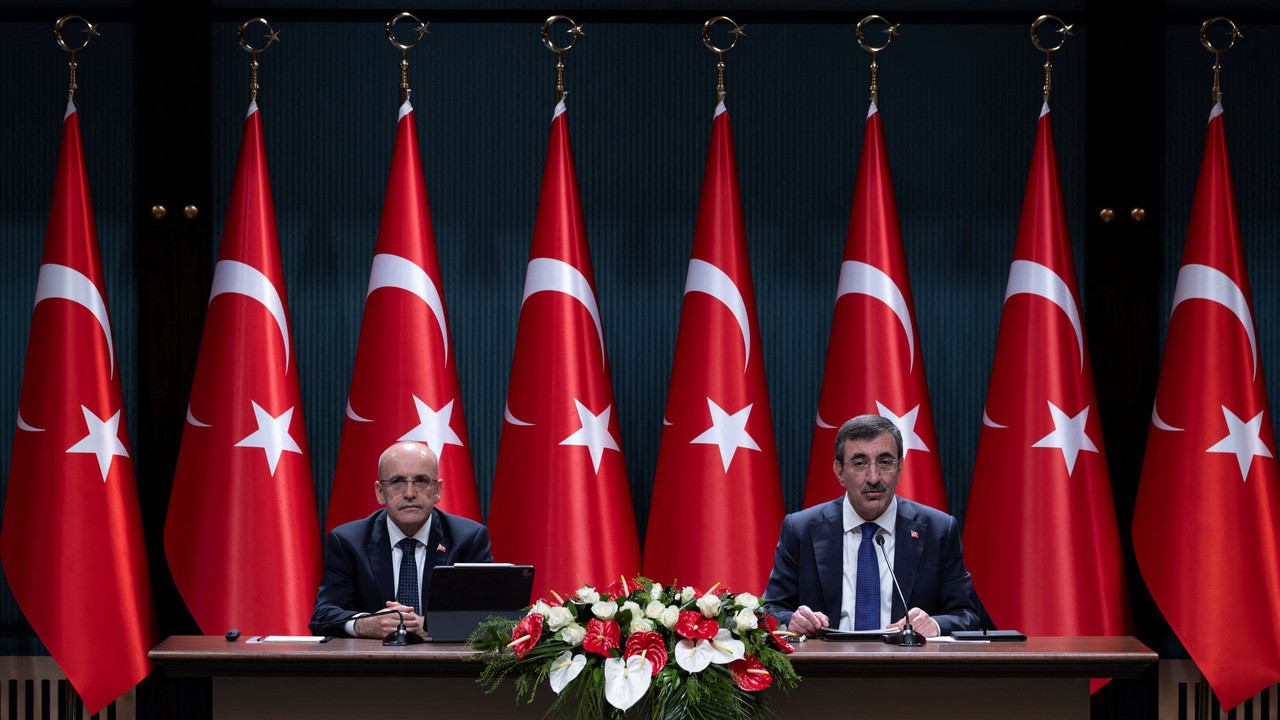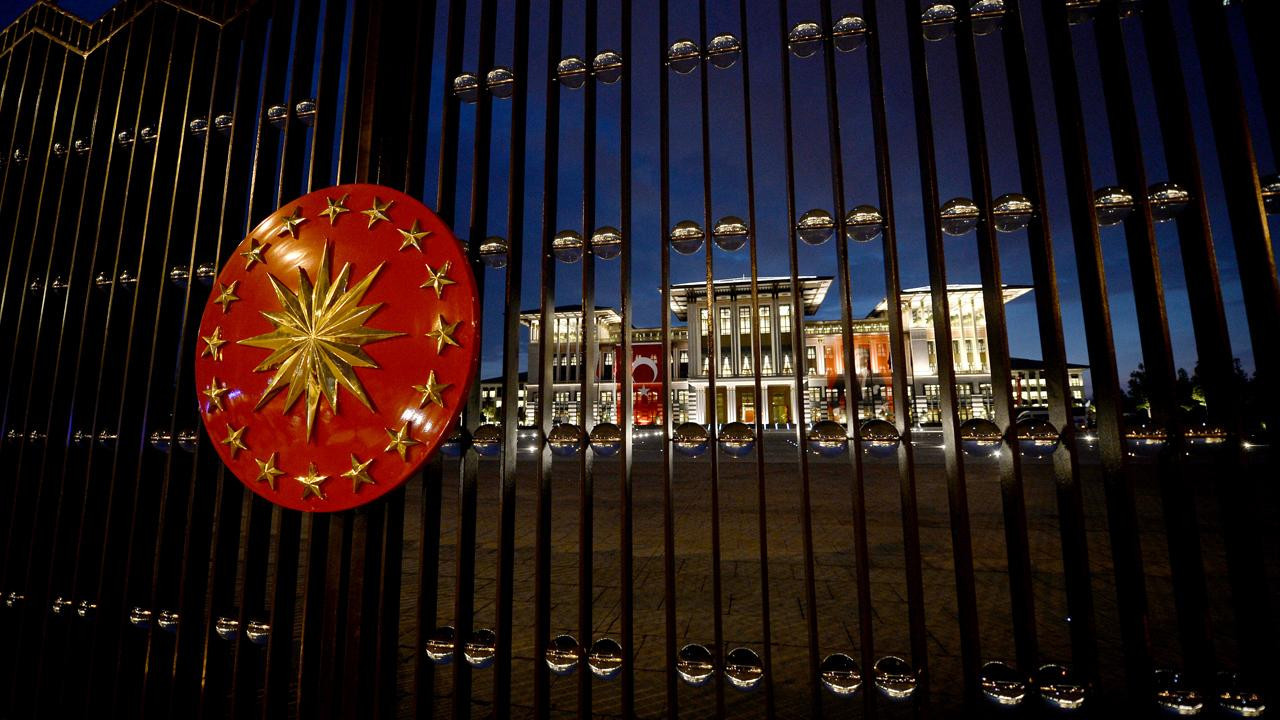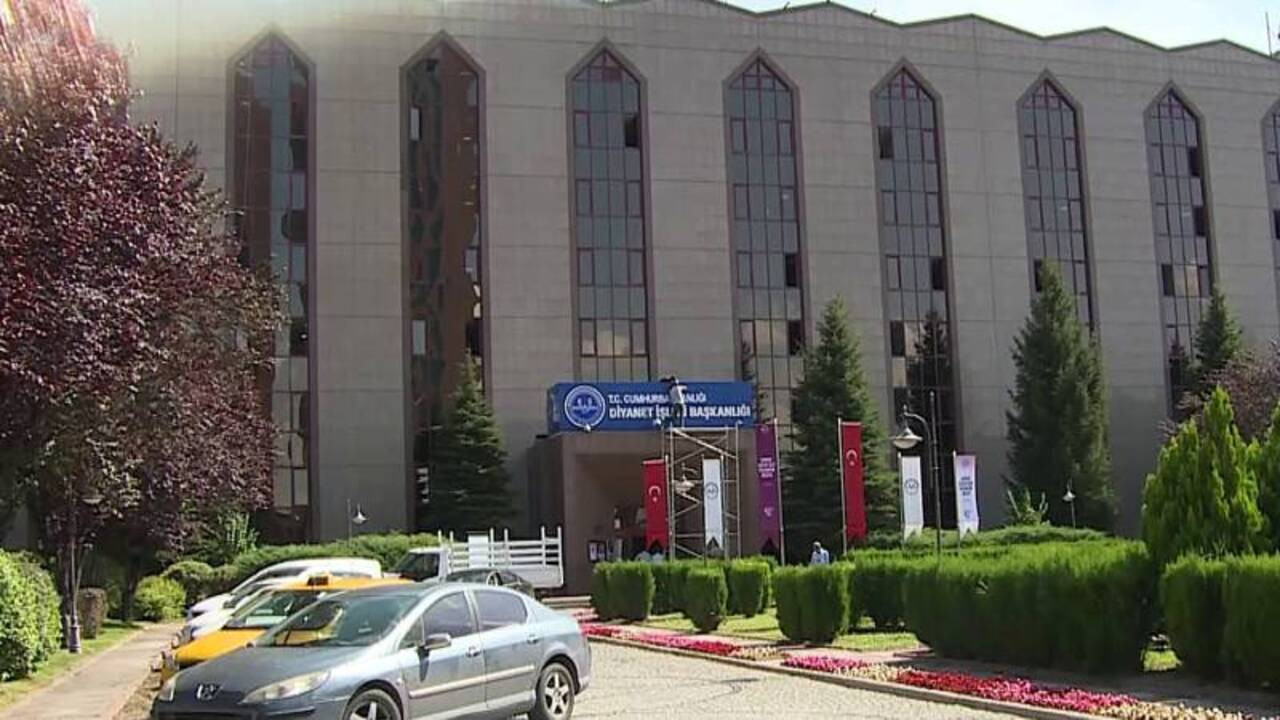Security measures lifted at Turkey’s temporary housing for quake survivors to cut costs
In Hatay, one of the areas most affected by the 2023 earthquakes, the security personnel assigned to the container city have been relieved of their duties as part of the government's "savings measures." Quake survivors reported that the security cameras were not functioning and that several containers had been broken into.
Duvar English
In Turkey’s quake-torn Hatay province, the security personnel in the container city established for earthquake survivors whose houses were destroyed or damaged in the Feb. 6, 2023 earthquakes have been withdrawn as part of the “public savings measures,” according to the reporting of the daily BirGün.
Although 18 months have passed since the devastating earthquakes that killed at least 53,000 people in the country’s southeastern region, thousands of people still live in temporary housing facilities.
Security guards assigned to the container city in Hatay's Antakya district were dismissed from their duties within the scope of the “Savings Measures Circular” that entered into force in May 2024 as part of the government’s efforts to “tackle the economic crisis.”
Residents who had to live in container houses more than a year after the quakes also stated that the cameras and alarm system did not work in the settlement.
A major security problem has occurred in the container city where nearly 1,000 residents live in 500 containers.
Speaking to BirGün, an earthquake survivor said, “Anyone can enter the container city as they wish. We are worried.”
Noting that several containers were broken into after the security guards were withdrawn, an earthquake survivor stated, “People’s personal belongings and even air conditioners were stolen. We do not feel safe. We want our security problem to be solved as soon as possible.”
On May 17, 2024, the government announced that it would cut "unnecessary expenditures of public institutions." While most of these measures affected lower-level civil servants, major entities like the Directorate of Religious Affairs (Diyanet) have continued their excessive spending, often exceeding their allocated budget.

 Turkish Finance Ministry announces comprehensive public savings measuresEconomy
Turkish Finance Ministry announces comprehensive public savings measuresEconomy Turkish Religious Affairs Directorate spends 16,000 minimum wages per dayDomestic
Turkish Religious Affairs Directorate spends 16,000 minimum wages per dayDomestic Erdoğan’s discretionary fund increase by 205 pct in one yearEconomy
Erdoğan’s discretionary fund increase by 205 pct in one yearEconomy Turkey’s Religious Affairs Directorate spends 6 million liras on toilet repairDomestic
Turkey’s Religious Affairs Directorate spends 6 million liras on toilet repairDomestic